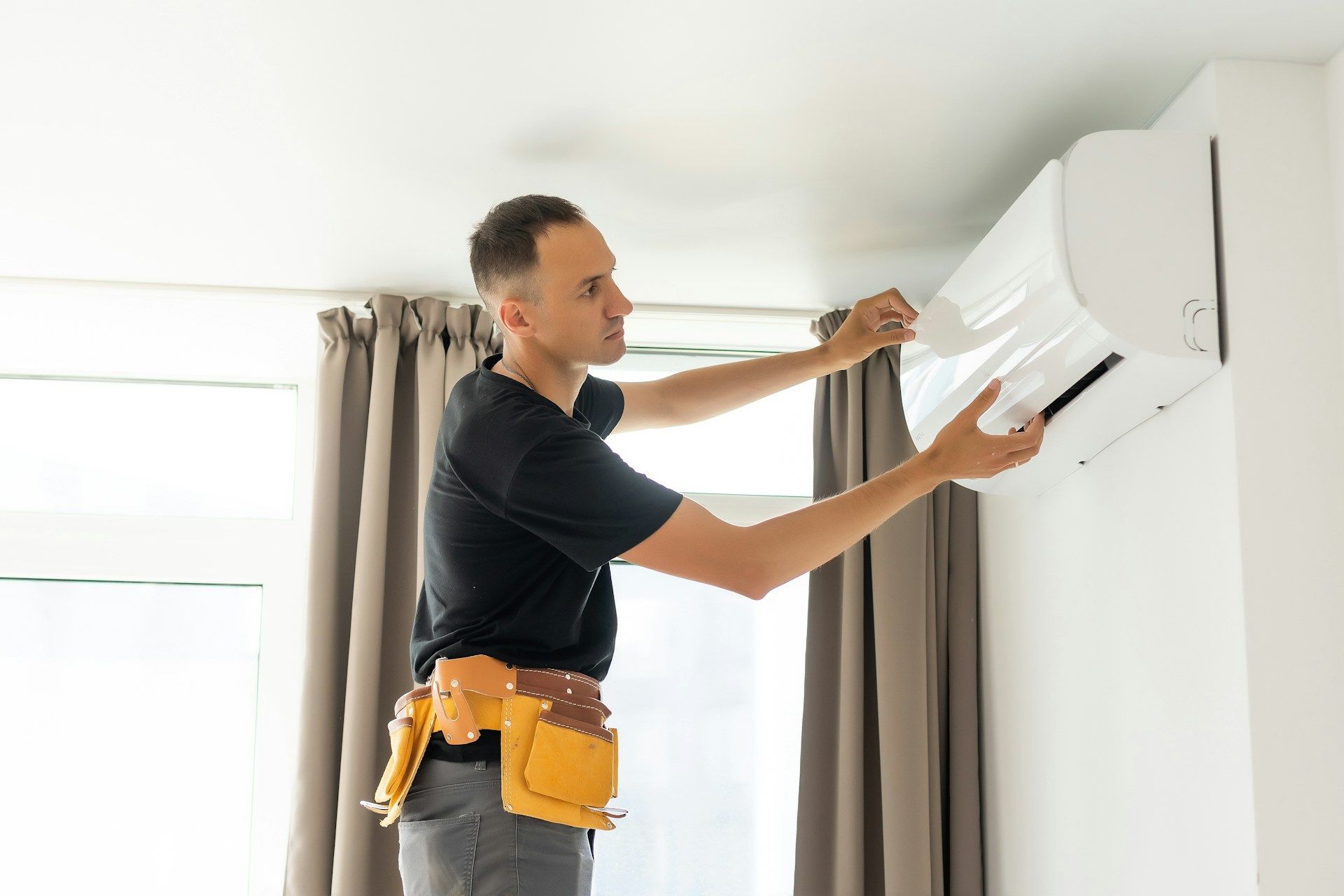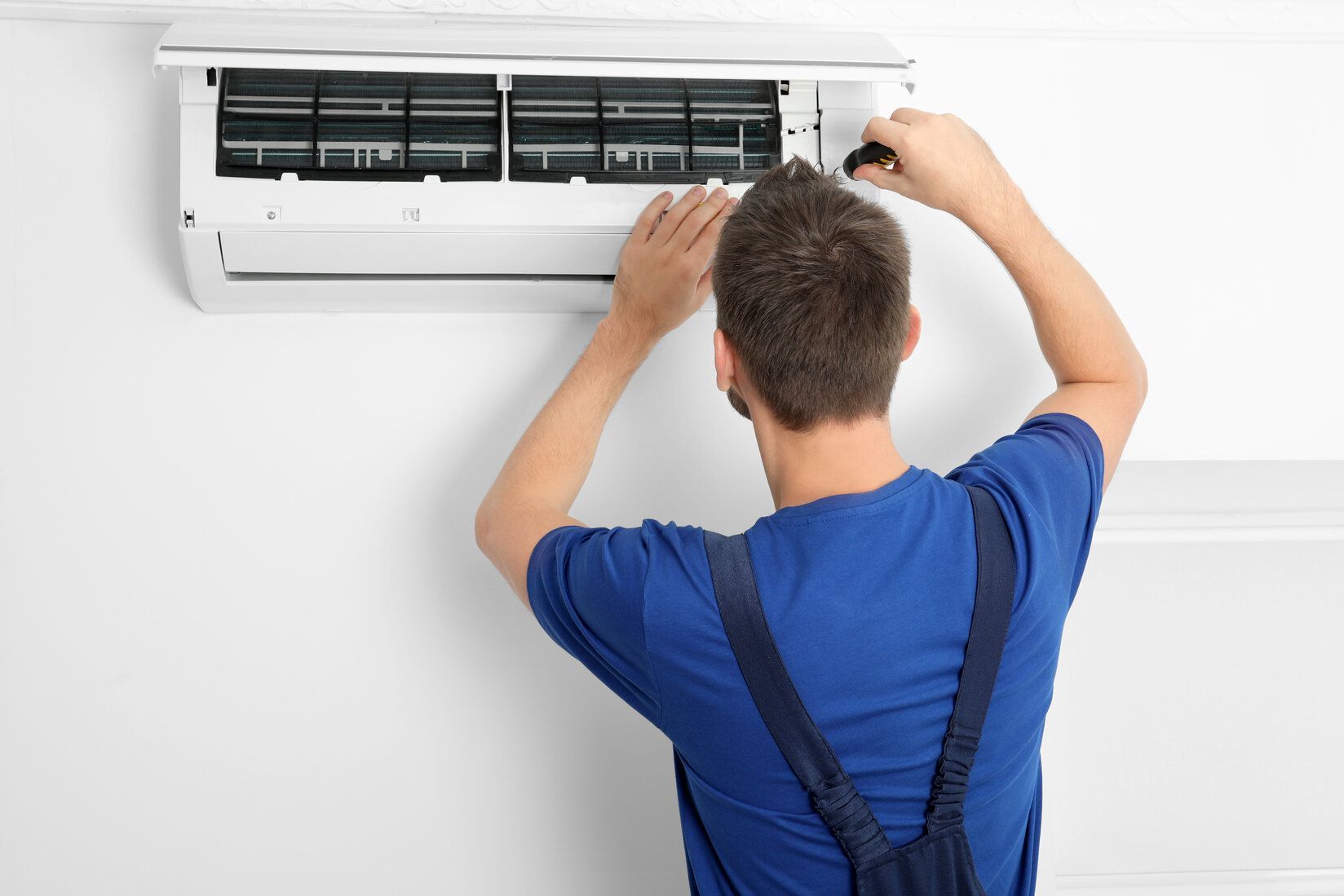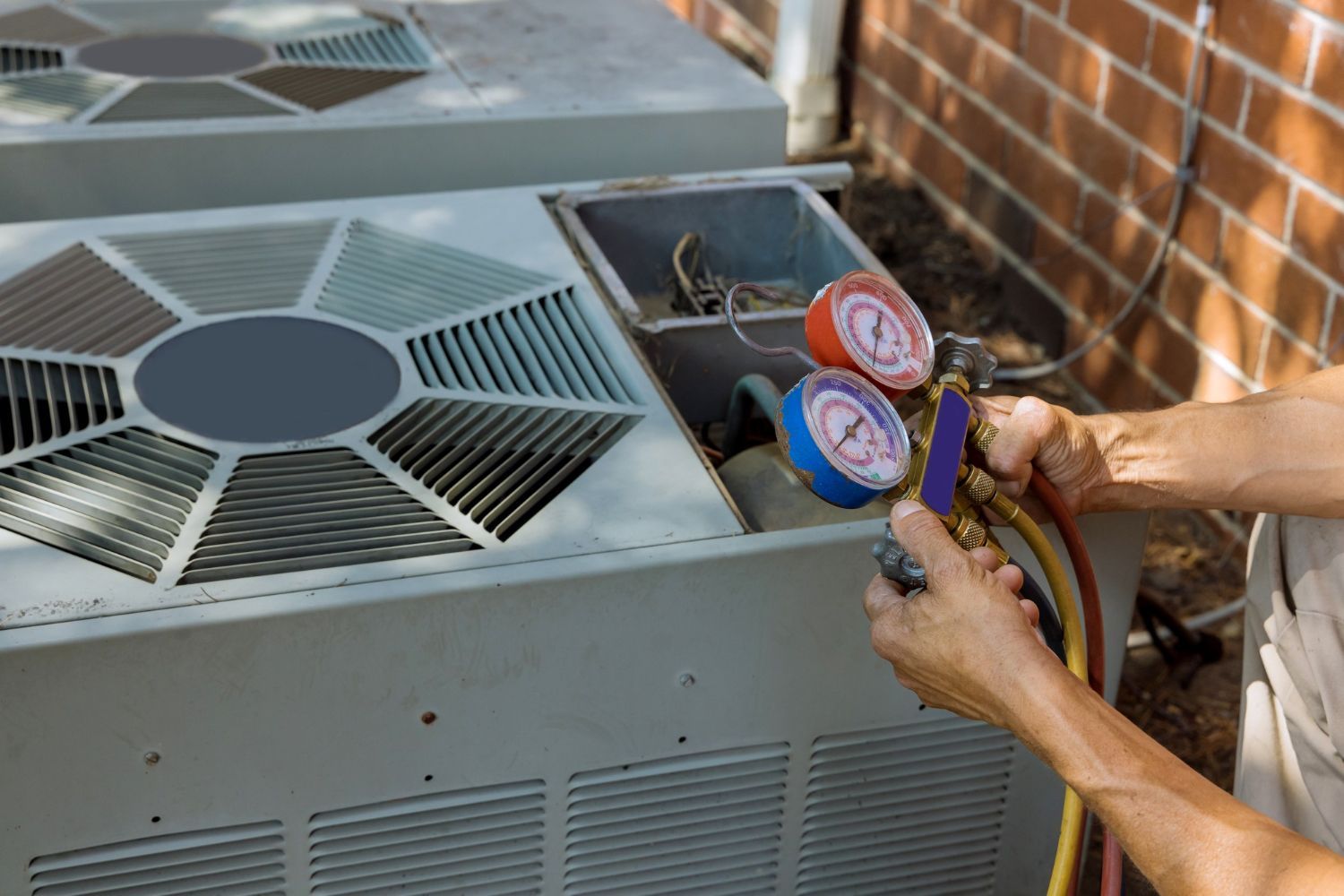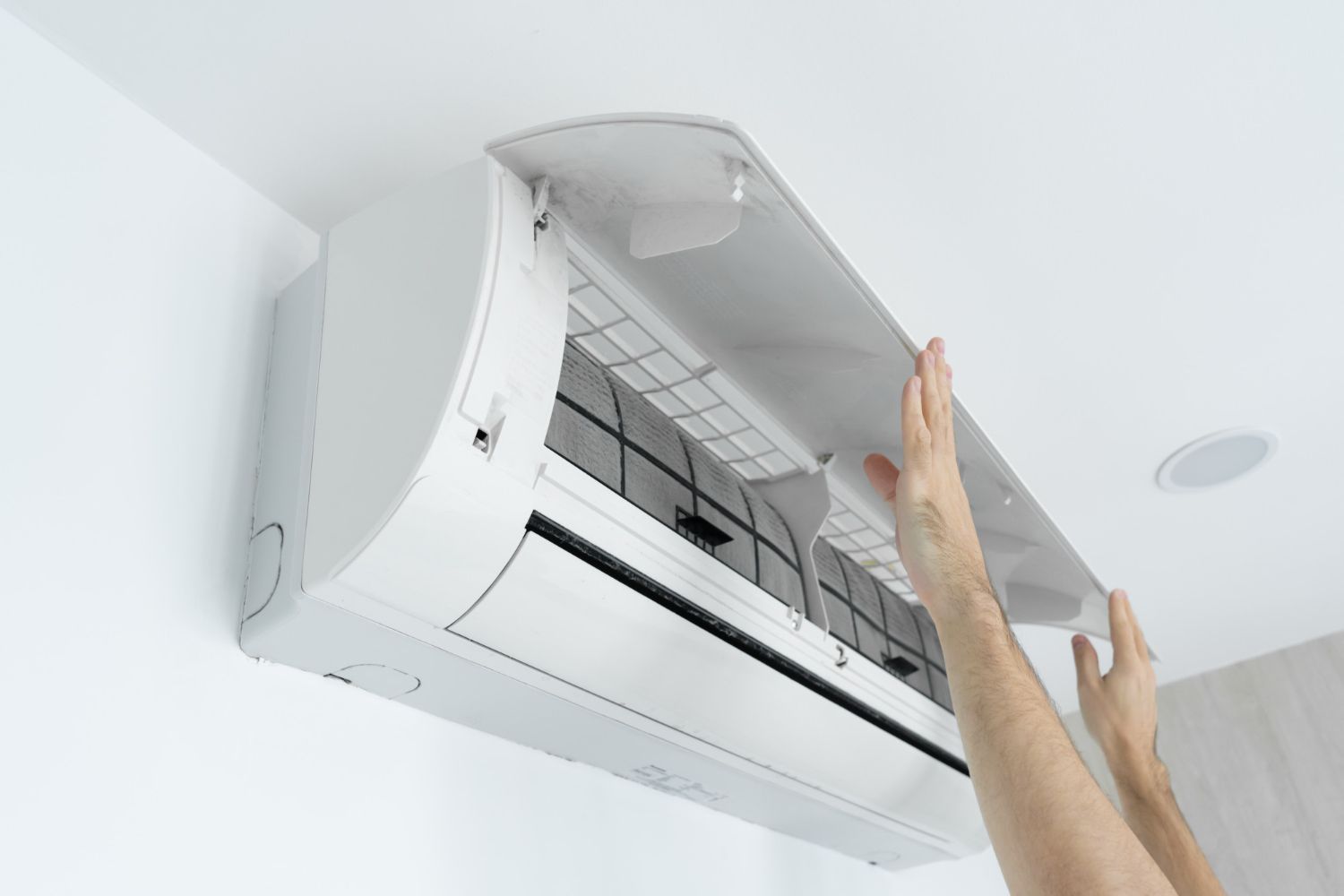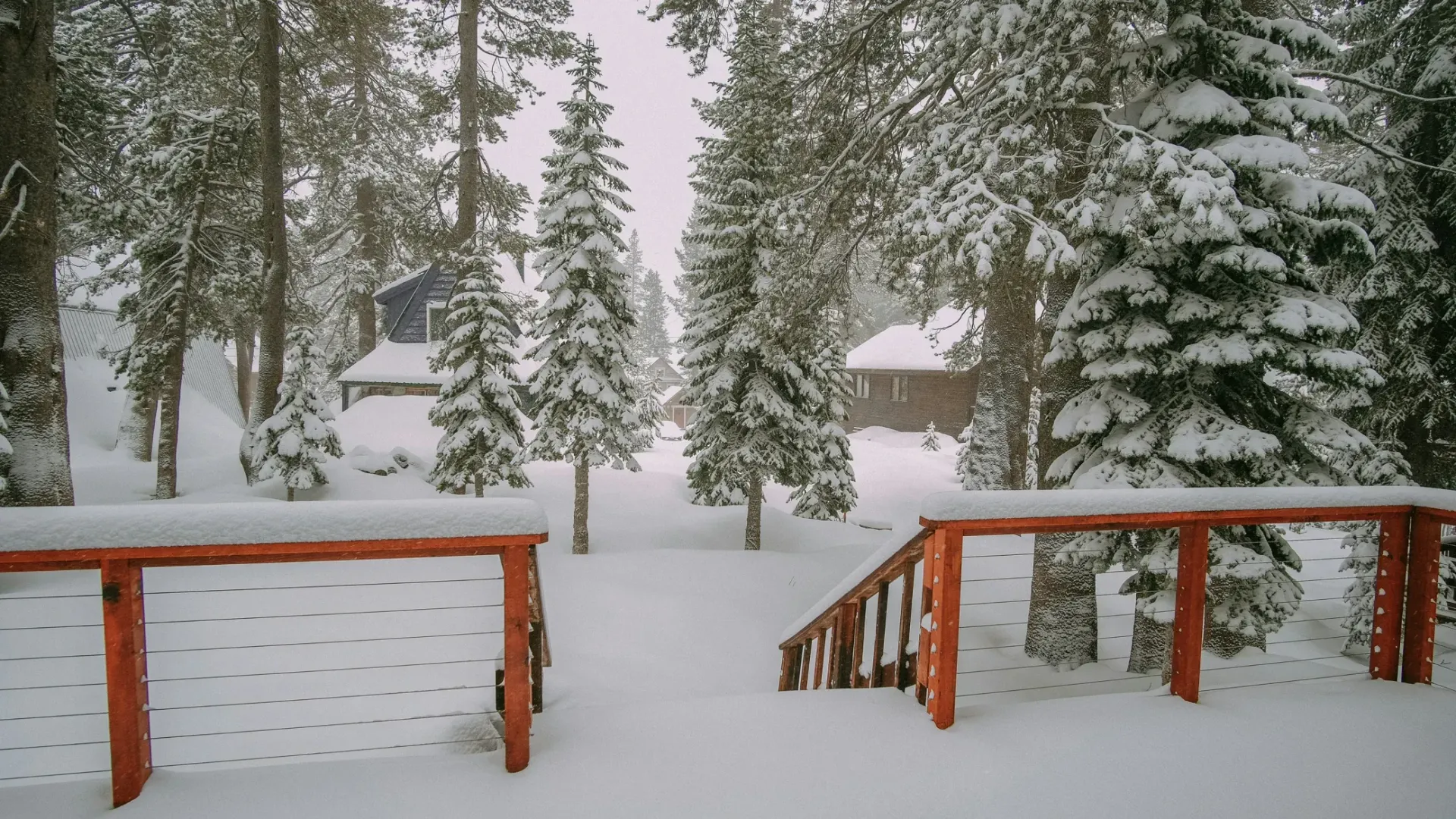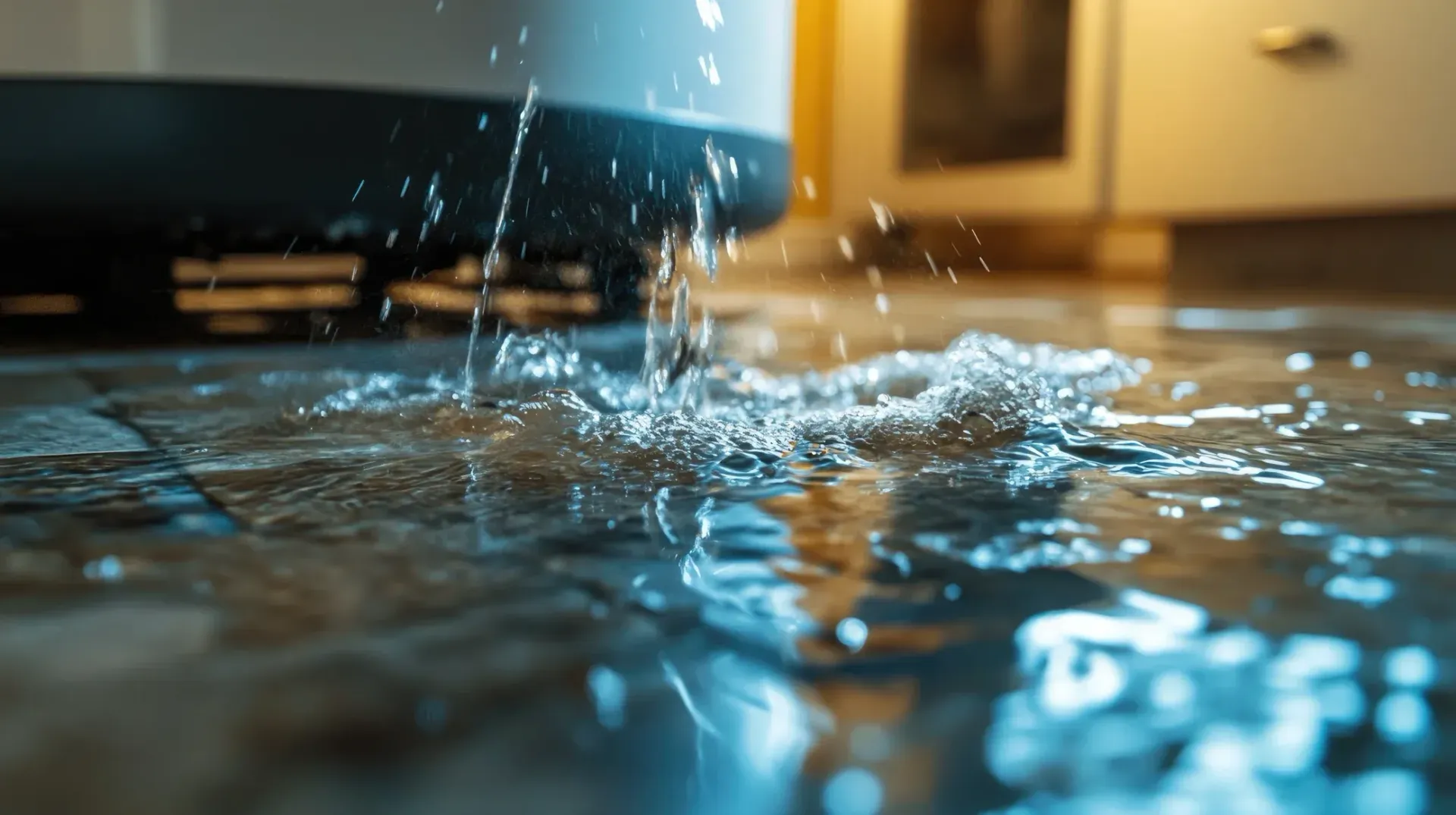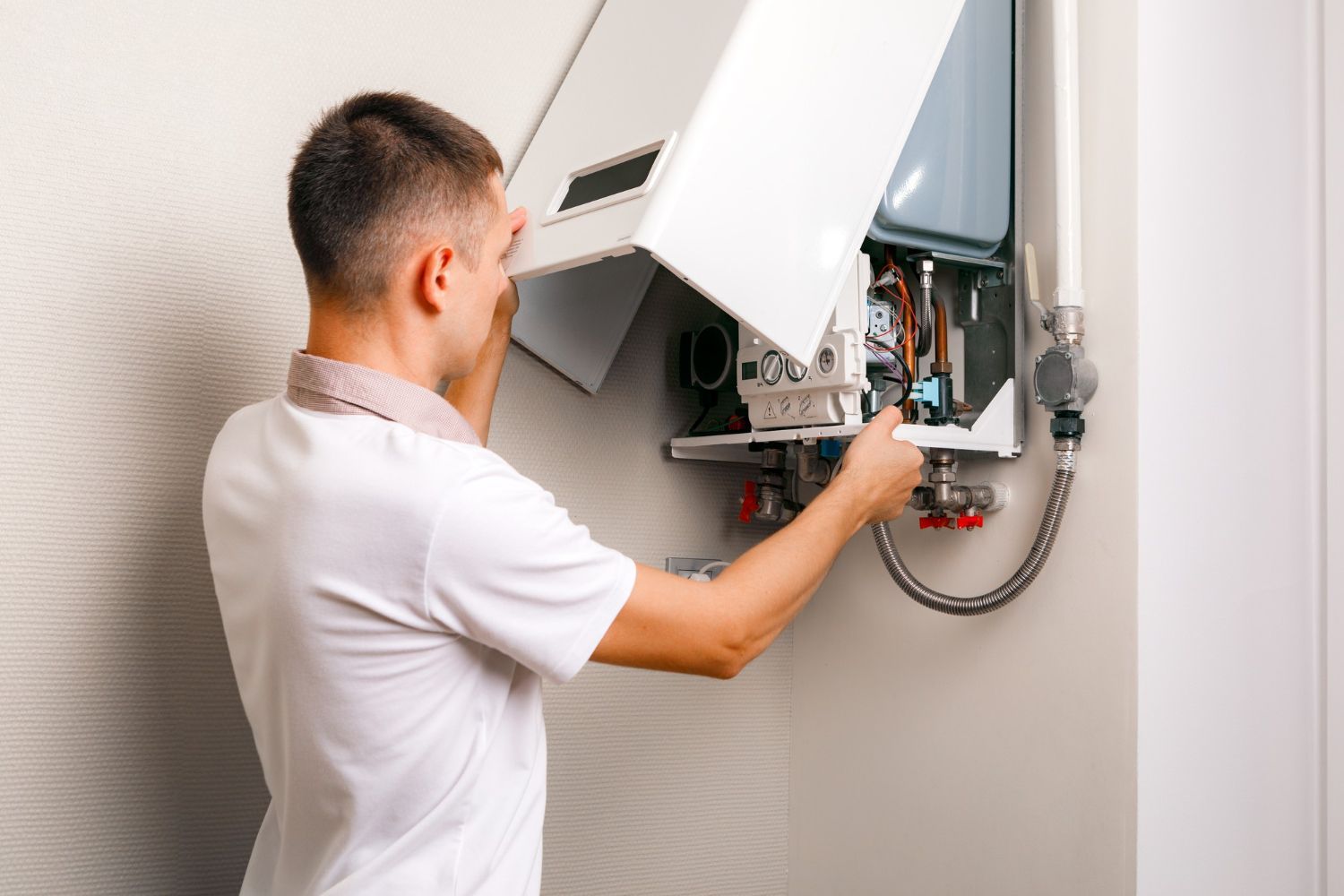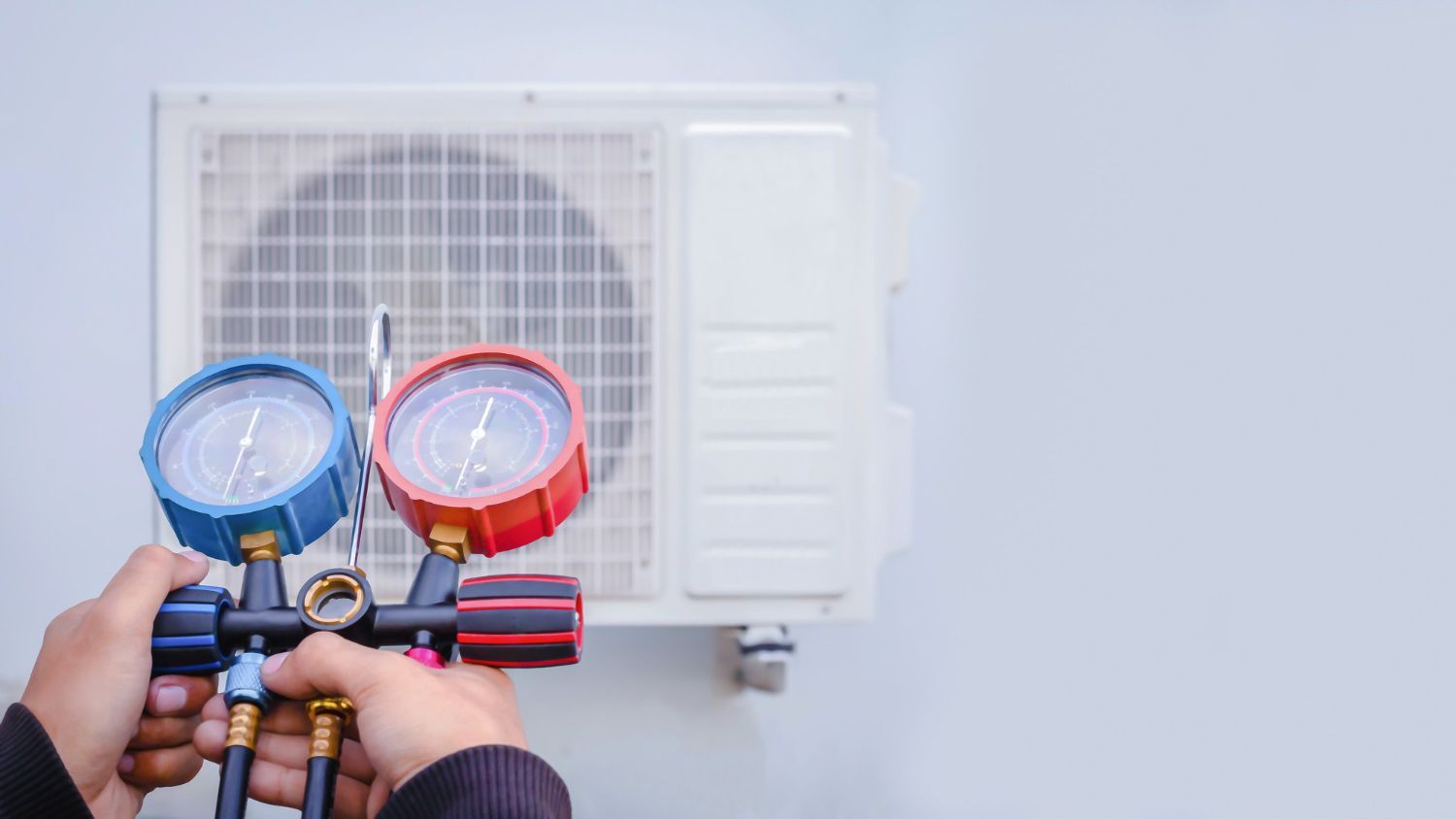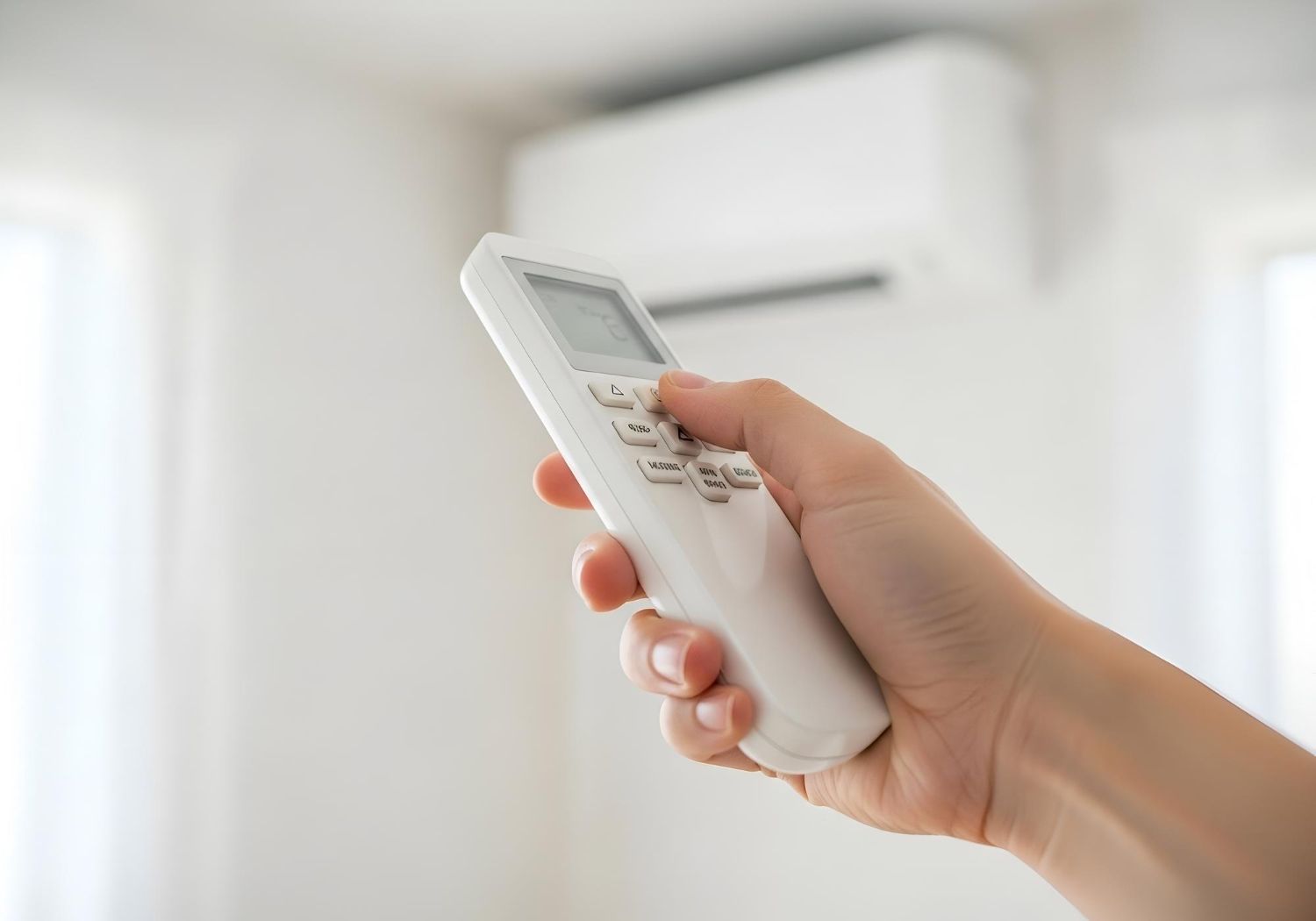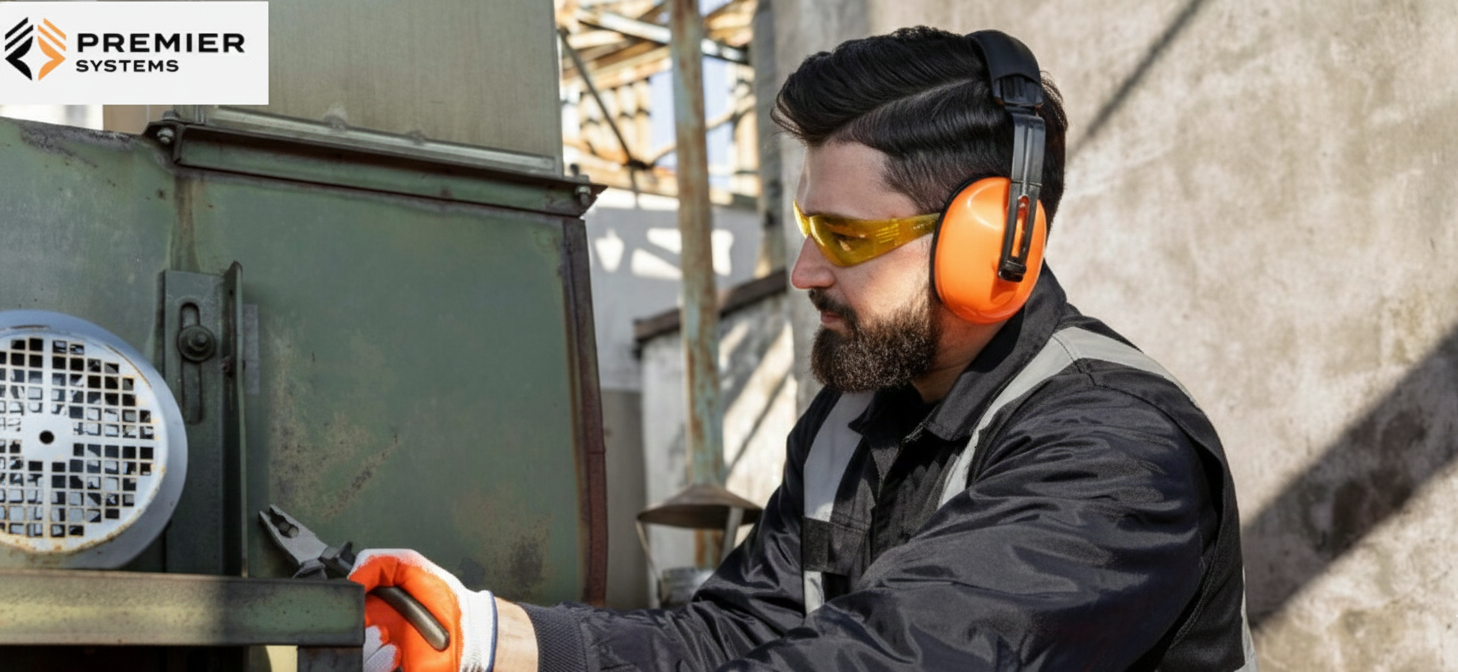3 Different Types of AC Refrigerants Available on the Market
AC units use an intricate mechanical system to cool air for your home, car, building, etc. Furthermore, each AC system uses a specific refrigerant based on the amount of space the unit must cool, the technology that the system uses, and the intricacy of its mechanics. If you plan to replace your refrigerant yourself, it is integral to choose the correct type or you could damage your unit.
If you have previous experience replenishing refrigerant liquid on your own, here is a short guide on the three most common types of AC refrigerant liquid. However, if you have never successfully replaced refrigerant alone, we recommend hiring a professional to do it for you.
Here is a short guide on refrigerant liquid presented by Bozeman's trusted AC repair company.
Why AC Units Need Refrigerant
AC units need refrigerant because it is essential to the actual act of cooling hot air. Refrigerant absorbs the heat from warm air, allowing cool air to flow into your building, car, etc. The unit then pushes excess hot air outdoors, leaving only cool air behind to circulate through the interior space.
Mechanics of AC Cooling Process
In a typical residential AC unit, two separate units connect: an indoor unit and an outdoor unit. The outdoor unit contains a compressor and condenser, while the indoor unit typically contains an evaporator and expansion valve.
The evaporator is the component that receives liquid refrigerant, while the expansion valve regulates the flow of refrigerant inside the evaporator. The condenser is the component that facilitates heat transfer, while the compressor pump pressurizes the refrigerant.
To initiate the cooling process, hot air flows over the evaporator coils (which contain liquid refrigerant). This heat exchange initiates a change in the refrigerant liquid, causing it to transform into a gas that absorbs heat. To continue working, however, AC units must re-convert the gas refrigerant back to a liquid.
The compressor pump pressurizes the gas refrigerant to initiate the process of re-liquefaction. This pump creates significant heat when functioning, which the condenser coils and fan blow into the outdoor air. When the refrigerant gas fully cools down, it changes back to its liquid state, enabling it to run through the AC unit again.
If a refrigerant leak occurs, it can disrupt this process and lead to inefficient cooling. Timely refrigerant leak repair is crucial to ensure your system operates effectively.
In commercial AC units, the exterior component is often on the roof of a building, as it is large and unsightly for clients. On the other hand, the capacity of smaller units, such as window units or cars, is much less. So, manufacturers combine all components of the cooling process in the same unit.
Top 3 Types of AC Refrigerant
Now that you understand how AC units use refrigerant, we will break down the three most common types of AC refrigerant.
1. R-22 (Freon)
The creators of R-22, aka Freon, first produced this liquid in 1928. Thus, HVAC manufacturers have created units that use R-22 for several decades. Typically green refrigerant containers contain R-22 liquid.
R-22 is not very environmentally friendly. Studies have shown that R-22 causes ozone depletion, which can lead to global warming (meaning R-22 has a high GWP or global warming potential). So, it is unlikely that you will find R-22 in regular stores.
If you need R-22 refrigerant, you may find it in stockpiles of previously manufactured liquid or recycled refrigerant from special shops. Otherwise, Freon is uncommon.
2. R-410A (Puron)
Manufacturers created R-410A, aka Puron, in 1991 to combat the negative effects that Freon had on the environment. Puron is free of chlorine and is a blended chemical compound containing HFC. Thus, Puron does not have as high of GWP as R-22.
Puron works at higher pressures and is best for AC units with better energy efficiency. Due to technological advances, units that use Puron are also more reliable and improve indoor air quality compared to units that operate with R-22.
3. Chlorofluorocarbons
Chlorofluorocarbons are an older type of refrigerant liquid that hardly any AC units use. Because they contribute to the greenhouse gas effect and thus damage the environment, manufacturers stopped producing these refrigerants in 1994. We recommend not using a chlorofluorocarbon like R-12 despite its capacity to absorb heat.
Which Refrigerant Is Best for My AC Unit?
You should buy R-22 or R-410A for your AC unit. These two types of AC refrigerant are what virtually all working HVAC units use to cool down an interior space. If you have a newer unit, you will likely need to buy R-410A (which you can find in many hardware stores and some large stores like Walmart).
If your unit is older and thus requires R-22, you must go to an HVAC supply store or call your local heating and air conditioning repair company. Some online stores also stock R-22, so you can also search with Google for this type of refrigerant.
To check which type of refrigerant your unit needs, look at the sticker or plate located on either the compressor or the evaporator. You cannot interchange R-22 with R-410A. If you put the wrong refrigerant in your AC system, you will damage it, as these two types of refrigerant require different pressures to re-condense into liquid.
How a New AC Unit Can Benefit You
If you have an older AC unit that uses R-22, it might be time to replace your unit. Here are the benefits of installing a new AC unit:
- Lower energy bills: As technology advances, AC units become more energy-efficient. Because they require less energy and other resources to function, new air conditioners can save you hundreds of dollars on your energy bills over time.
- Increased property value: If you plan to sell soon, a new AC unit can raise your property value. Whether you want to sell a commercial or residential space, new HVAC technology will make your property more attractive to potential buyers.
- Better air quality: Older AC units are more likely to produce harmful pollutants and collect allergens than younger models. So, replacing your AC unit could drastically increase your indoor air quality. Newer AC units are also more environmentally friendly than their outdated counterparts.
- Better technology: Modern AC units take advantage of the latest technology, such as Bluetooth connection and smart temperature control. By replacing your antiquated HVAC technology, you can adjust the temperature of your home through your phone (even if you are not at home).
Looking for Expert AC Installation or Repair in Bozeman, MT?
If you are unsure how to replace refrigerant liquid by yourself, wish to repair your AC unit, or feel ready to install a new one, contact Premier Systems. We are Bozeman, MT's premier air conditioning service and provide our customers with high-quality service at an affordable price. With over 400 5-star reviews, our previous customers are proof of our stellar HVAC services.
At Premier Systems, we understand that emergencies happen. That's why we offer 24/7 service in case you need our help outside of business hours. We also provide heating, cooling, and ductwork services, so you can always trust us with your HVAC needs, no matter what kind of units you use.
The staff at Premier Systems also understand that sometimes you may need HVAC services outside of your current budget. That's why we offer financing options to ensure that all our customers receive the care they deserve.
We hope that this guide on types of AC refrigerants has helped you. If you want to install energy-efficient AC or need other HVAC services, call the experts at Premier Systems at
406-708-4601 today!

